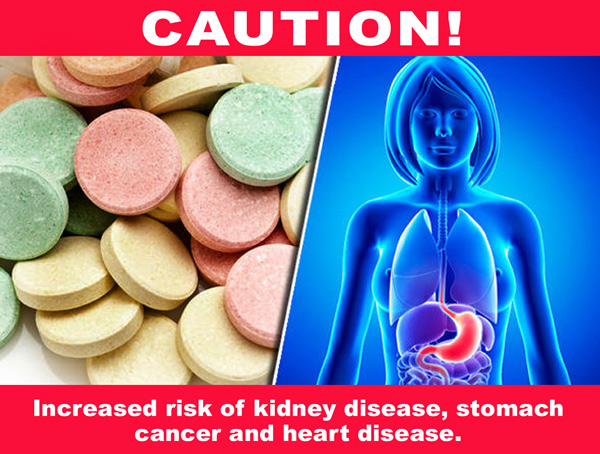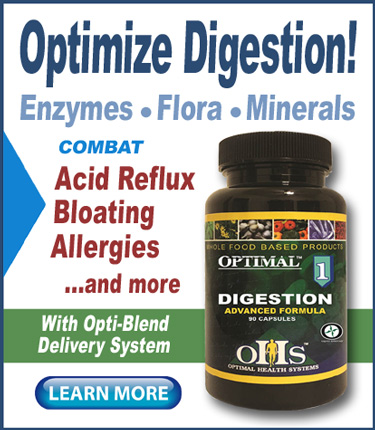Several studies have linked extended use of popular drugs to treat heartburn and acid reflux with an increased risk of premature death.
One example is a 2017 study by Washington University St. Louis which showed greater increases in death risk the longer a person took the medication.
For those still unconvinced of the risks, a new study published in February in Scientific Reports should be added to the “reasons to be cautious” list:
All antacids bad, PPIs probably the worst
Researchers at UC San Diego determined that people who took proton pump inhibitor medications for heartburn and acid reflux were more likely to experience kidney disease than people who took other forms of antacid.
While this research focused only on the risk of proton pump inhibitors (PPIs), it should be noted that PPIs are the most commonly-prescribed type of medicine for chronic heartburn, acid reflux and gastroesophageal reflux disease.
This class of drug includes well-known brand names Prilosec, Nexium and Prevacid, which are some of the most widely-used medications in the world.
Approximately 10 percent of adults in the United States take these drugs, which amounts to over 15 million people. And this number represents only prescription-level medications. Millions more take the over-the-counter versions.
Given the prevalence of PPIs, researchers at Skaggs School of Pharmacy and Pharmaceutical Sciences at University of California San Diego mined the FDA Adverse Effect Reporting System (FAERS) database for unexpected consequences of PPI consumption.
Study background
“Post-marketing data collected by the FDA and deposited in the FAERS database allows us to look for potential adverse effects beyond what was found in a clinical trial, which may not have lasted as long or included as much diversity as the FAERS does,” said senior author Ruben Abagyan, PhD, professor of pharmacy.
The FAERS database contains the records of more than 10 million patients who voluntary reported adverse effects while taking a medication. The research team focused on patients who took PPIs and no other medications, narrowing their study population down to approximately 43,000 patients.
The researchers discovered that, compared to the control group, patients who took only PPIs were 28.4 times more likely to report chronic kidney disease. In addition they were 4.2 times more likely to report acute kidney injury; 35.5 times more likely to report end-stage renal disease; and 8 times more likely to report unspecified kidney impairment.
Natural alternatives
Antacid medications are popular because they are easy to take; however, they are usually just a temporary fix that doesn’t address the underlying issue. Lifestyle changes, on the other hand, can usually fix digestive issues for the long-term:
If you’re overweight, making small changes to your diet and increasing physical activity could relieve your heartburn. Try eliminating foods that trigger your heartburn such as fatty or spicy foods, caffeine, alcohol and carbonated beverages—to name a few. If you’re a smoker it is almost certain that it is contributing to your acid reflux. Consider quitting.
Digestive enzymes and probiotics can help restore the gut and optimize digestion. Frequently these two nutrients taken together can entirely eliminate digestive conditions.
You can learn more about these nutrients by visiting the Optimal Digestion and Optimal Flora pages on the Optimal Health Systems website.
– – –
Sources: Science Daily, British Medical Journal.


